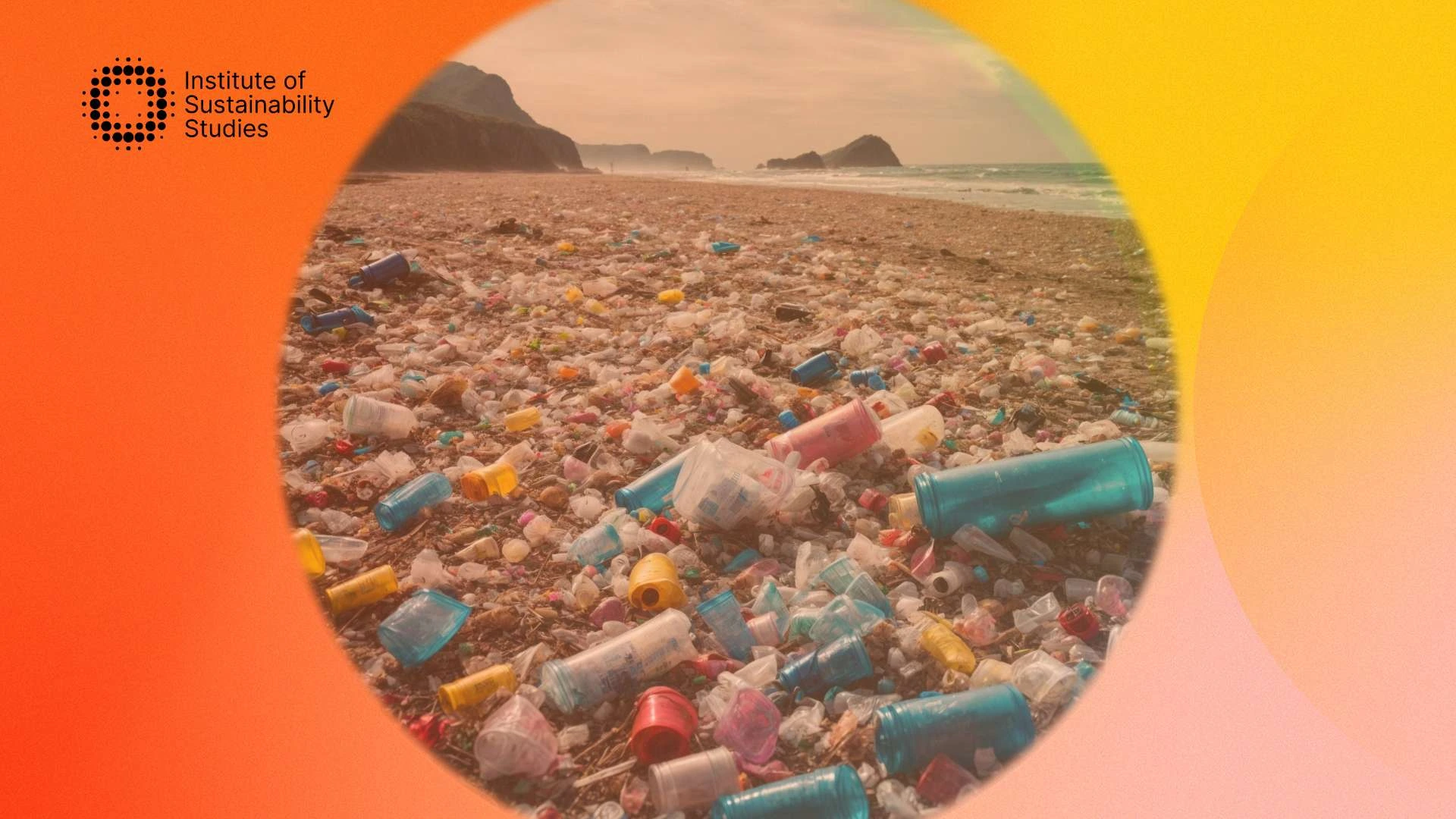When we talk about achieving a sustainable future, too often our attention goes to large companies with global presences. As a result, we hear a lot less about small and medium enterprises even though they have a crucial role to play in the sustainability transition of the world.
Small and medium enterprises are major players in our society. They represent 90 percent of all businesses and generate almost 70 percent of jobs and GDP worldwide. It’s clear they are huge drivers of global economic growth. Albeit SMEs often lack the knowledge and crucial resources required to make the green switch.
Added to that are day-to-day business challenges and hurdles that they must navigate which means it is not surprising that sustainability often gets pushed to the margins. In saying that, SMEs’ involvement in sustainability is vital and they can avail of substantial opportunities by becoming sustainable businesses.
How can SMEs drive the achievement of the SDGs?
The Sustainable Development Goals (SDGs) are a blueprint to achieve a more sustainable and improved future for everyone. They are an urgent call for action by all countries to achieve peace and prosperity for the planet and people, now and into the future.
The 17 goals recognise the importance of tackling climate change as well as other issues like ending poverty, enhancing education and health, driving economic growth, and reducing inequality. Given that SMEs contribute to a vast amount of job creation, they can ultimately directly benefit the vulnerable and poor, in particular, youth and children.
Through benefiting these disadvantaged individuals, they can directly reduce poverty, boost income, and positively impact households’ investments in health and education over time. SMEs that engage in sustainable development can have wide-reaching global impacts on several of the SDGs.
For instance, end poverty (SDG 1), zero hunger (SDG 2), good health and well-being (SDG 3), gender equality (SDG 5), promote inclusive and sustainable economic growth, employment and decent work (SDG 8), and improve sustainable industrialisation and fostering innovation (SDG 9).
However, there are also benefits to businesses of integrating sustainability. For instance, sustainable business practices like cutting costs, attracting and retaining talented individuals, mitigating risk, securing investment, and overall improving attraction. In saying that, going green is not a choice but an inevitable journey. Small and medium enterprises, just like big corporations, cannot afford not to make sustainability a priority.
Overall, SMEs absolutely have the potential to be essential pillars in adopting and facilitating the worldwide sustainability agenda. To successfully integrate environmental principles into their business culture, however, they must understand the relevance of sustainability and the opportunities that come with it .
This is where completing the ISS Diploma in Business Sustainability could help immensely. The course will give you the practical knowledge and insight you need to be a business trendsetter as society enters the next stage of sustainable development. SMEs can help us achieve a sustainable future but having a clear understanding of sustainability and how to approach it is equally as essential. This course will provide you with the tools to make the transition to green business planning much easier.
Summary
The active involvement of small and medium enterprises in responding to social and environmental challenges is essential if sustainable development is to be achieved. Most businesses across the world are SMEs and they contribute to economic well-being and job creation immensely. For this reason, they are well placed to help us drive the achievement of the Sustainable Development Goals (SDGs) and secure a fairer and more sustainable planet for all.
Dedicated to harnessing the power of storytelling to raise awareness, demystify, and drive behavioural change, Bronagh works as the Communications & Content Manager at the Institute of Sustainability Studies. Alongside her work with ISS, Bronagh contributes articles to several news media publications on sustainability and mental health.
- Bronagh Loughlinhttps://instituteofsustainabilitystudies.com/insights/author/bronagh/
- Bronagh Loughlinhttps://instituteofsustainabilitystudies.com/insights/author/bronagh/
- Bronagh Loughlinhttps://instituteofsustainabilitystudies.com/insights/author/bronagh/
- Bronagh Loughlinhttps://instituteofsustainabilitystudies.com/insights/author/bronagh/









